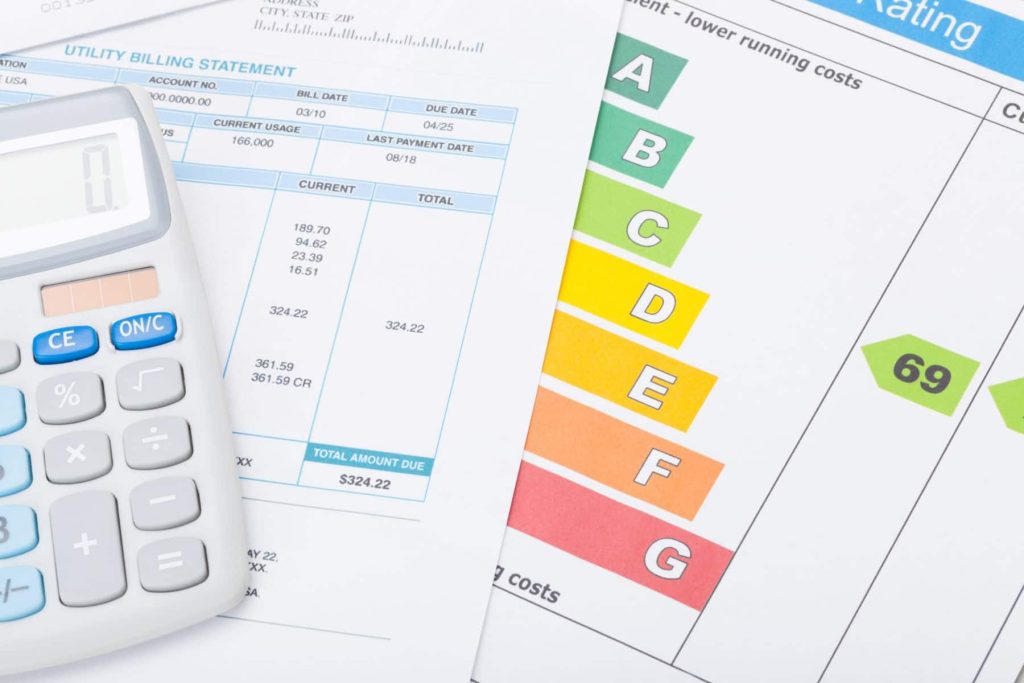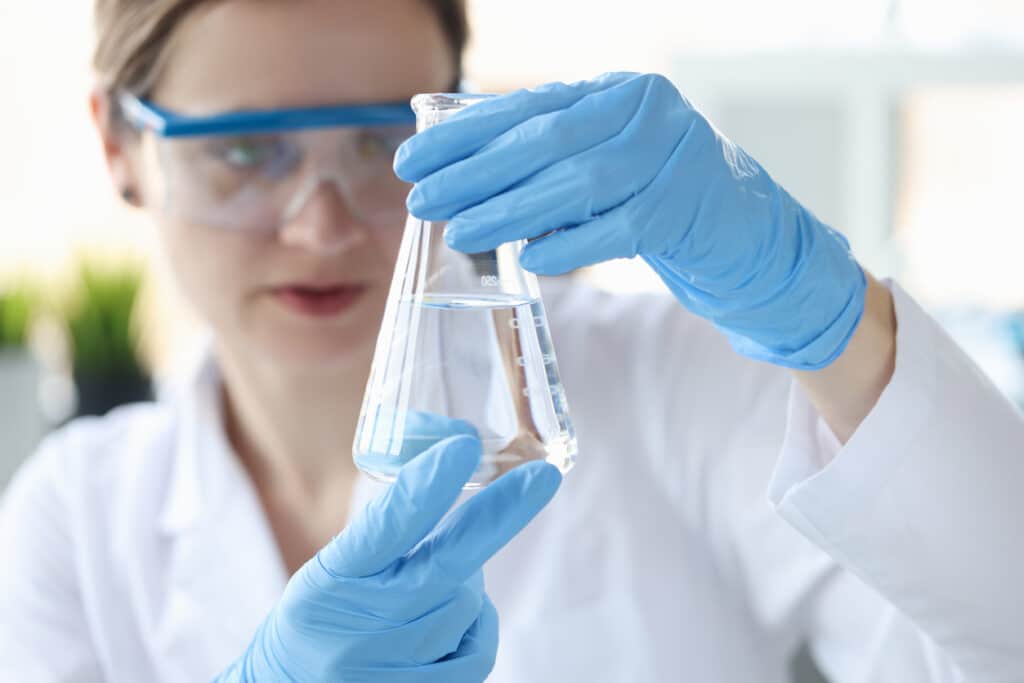If you have hard water in your home, you will notice a few telltale signs: Lime-scale deposit on your faucets, dingy clothing, scratchy towels, difficulty generating soap lather, or spots on your dishes. Hard water can cause insidious, invisible damage to your pipes, water heater, dishwasher, and shower heads. According to the U.S. Geological Society, hard water affects nearly 85% of homes and can cause severe damage over time. Fortunately, there are solutions for resolving your hard water problem at home.
Today’s modern water softening systems can convert hard water into soft so that your home and appliances will not suffer the devastating effects of hard water.
Soft Water Helps Appliances Operate More Efficiently
Soft water removes the hardness minerals, thereby preventing scale buildup that clogs shower heads, faucets, and drains. Today’s modern water softening systems can convert hard water into soft, protecting your home and appliances. But first, let’s look at what constitutes “hard water.”What is Hard Water?
Hard water is water that contains an elevated level of dissolved solids such as calcium, iron, magnesium, and other common sedimentary contaminants. Hard water isn’t necessarily toxic, though prolonged exposure to these dissolved solids can cause skin and eye irritation and possibly exacerbate existing health conditions over time. To verify whether you have hard water in your home or office, schedule a quick water hardness test. You’ll know within minutes, and a water specialist can provide you with solutions to address the problem.Hard Water vs. Soft Water
How do you know if your house has hard water versus soft water? Here are some key signs of hard water:- Smelly washing machine. Soap scum can create an inviting environment in which bacteria can grow and thrive in the rim of the washing machine. A cycle of water with chlorine bleach can eliminate the odor for a short period, but a water softener will eliminate the problem forever.
- Think about how often you’re cleaning up soap scum in the bathroom or kitchen.
If it seems to persist or return quickly after a thorough cleaning, you likely have hard water. Hard water can’t flush away soap as efficiently as soft water can, meaning you’ll see more of it around the tub and shower pan if you have hard water. With soft water, you’ll see more suds and less film.
- If your clothes aren’t coming out of the wash looking bright and clean, you may have hard water. It takes four times as much detergent to effectively clean clothes washed in hard water as it does when you have a soft water supply. Whites that are yellow or dingy may be the result of too much dissolved solids in the water and flecks of reddish stains on clothes can indicate hard water with a high iron concentration.
- Tight, itchy skin can result from hard water. Two things tend to happen when we shower in water that contains dissolved minerals. First, it is difficult to generate soap lather. Additionally, the soap doesn’t wash off as easily, which causes too much soap to remain on the skin where it can act as an irritant. Finally, minerals that remain on the skin tend to suck up moisture, leading to dry, itchy skin. If you’re showering with hard water, your hair may dry out and lose its shine as well.
- You’re having technical issues with your household appliances. If your appliances aren’t working to optimum capacity, or you’re replacing them much sooner than their expected lifespan, hard water might be the culprit. If you have to turn up the dial on the hot water heater to reach the proper water temperature, or if water spots remain on glassware and dishes, or if you experience low water pressure from the faucet, you might have hard water issues.





